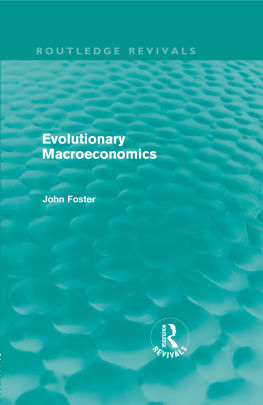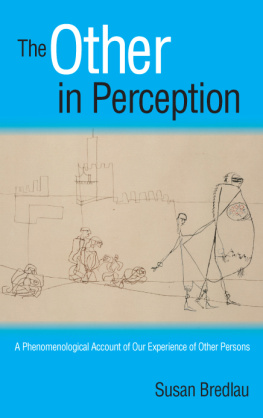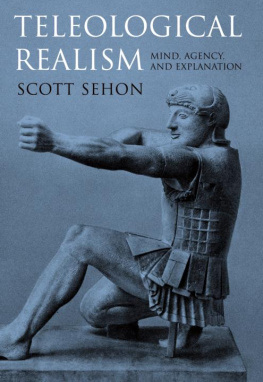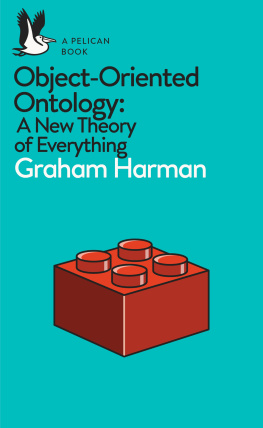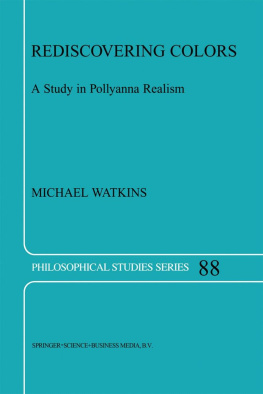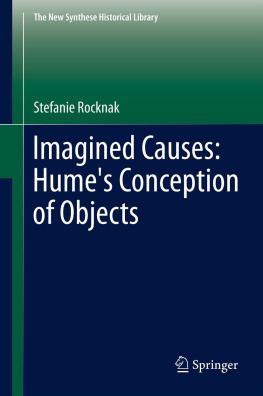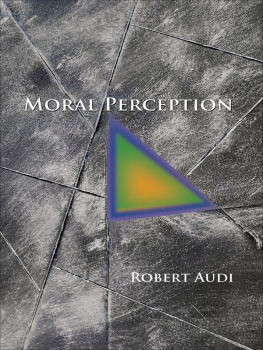Foster, John Fellow and Tutor in Philosophy, Brasenose College, Oxford
The Nature of Perception
Publication date 2000 (this edition)
Print ISBN-10: 0-19-823769-3
Print ISBN-13: 978-0-19-823769-3
doi:10.1093/0198237693.001.0001
Abstract: Within the framework of a realist view of the physical world, there are two general theories of the nature of perception. The first is strong direct realism (SDR). This accepts a realist view of the physical world, and claims that our perceptual access to this world is psychologically direct. The second is the broad representative theory (BRT). This too accepts a realist view of the world, but claims that perceptual contact with physical items is always psychologically mediated, i.e. it is constituted by the combination of the subject's being in a more fundamental psychological state, which is not in itself physical-item perceptive, and certain additional facts. SDR cannot provide a satisfactory account of the phenomenal content of perception and how such content features in the securing of perceptual contact. BRT cannot explain how we can have genuine perceptual access to the physical world at all. In the face of this dilemma, the only way of providing a satisfactory account of perception is by abandoning the assumption of physical realism and adopting an idealist view of the physical world. This view can, in any case, be established as correct by independent arguments.
Keywords: direct realism,John Foster,idealism,mediation,perception,perceptual experience,phenomenal content,phenomenal experience,philosophy of mind,philosophy of psychology,physical world,qualia,realism,representation

Great Clarendon Street, Oxford ox2 6dp
Oxford University Press is a department of the University of Oxford
It furthers the University's objective of excellence in research, scholarship,
and education by publishing worldwide in
Oxford New York
Auckland Bangkok Buenos Aires Cape Town Chennai
Dar es Salaam Delhi Hong Kong Istanbul Karachi Kolkata
Kuala Lumpur Madrid Melbourne Mexico City Mumbai Nairobi
So Paulo Shanghai Taipei Tokyo Toronto
Oxford is a registered trade mark of Oxford University Press
in the UK and in certain other countries
Published in the United States by
Oxford University Press Inc., New York
John Foster 2000
The moral rights of the authors have been asserted
Database right Oxford University Press (maker)
First published 2000
All rights reserved. No part of this publication may be reproduced,
stored in a retrieval system, or transmitted, in any form or by any means,
without the prior permission in writing of Oxford University Press,
or as expressly permitted by law, or under terms agreed with the appropriate
reprographcs rights organization. Enquiries concerning reproduction
outside the scope of the above should be sent to the Rights Department,
Oxford University Press, at the address above
You must not circulate this book in any other binding or cover
and you must impose this same condition on any acquirer
British Library Cataloguing in Publication Data
Data available
Library of Congress Cataloging in Publication Data
Data available
ISBN 0-19-823769-3
end p.iv
To Rachel, Gerard, Richard, and Alice
end p.v
Abstract: Let us provisionally assume a realist view of the physical world, which takes the world to be mind-independent and metaphysically fundamental. Within the framework of this assumption, there are two general theories of the nature of perception. Let us say that a subject -terminally perceives a certain physical item if and only if he perceives that item, and there is no other physical item such that his perceiving of this second item mediates his perceiving of the first. Then one of the two theories endorses a realist view of the physical world, and claims that, when someone -terminally perceives a physical item, his perceptual contact with that item is something psychologically fundamental. I call this 'strong direct realism' (SDR). The other theory also endorses a realist view of the world. But its claim is that, whenever someone perceives a physical item (and even when the perceiving of this item is -terminal), his perceptual contact with it is psychologically mediated, i.e. it is constituted by the combination of his being in some more fundamental psychological state, which is not in itself physical-item perceptive, and certain additional facts that do not involve anything further about his current psychological condition. I call this the 'broad representative theory' (BRT). The first issue we face, then, is: which of these two theories should we accept?
Keywords: direct realism,mediation,mind-independent,perception,physical world,realism,representation
Part One The Reshaping of the Issue
1 The Traditional Issue
What is the nature of perceptionthe sensory perception of items in the physical world by human subjects?




